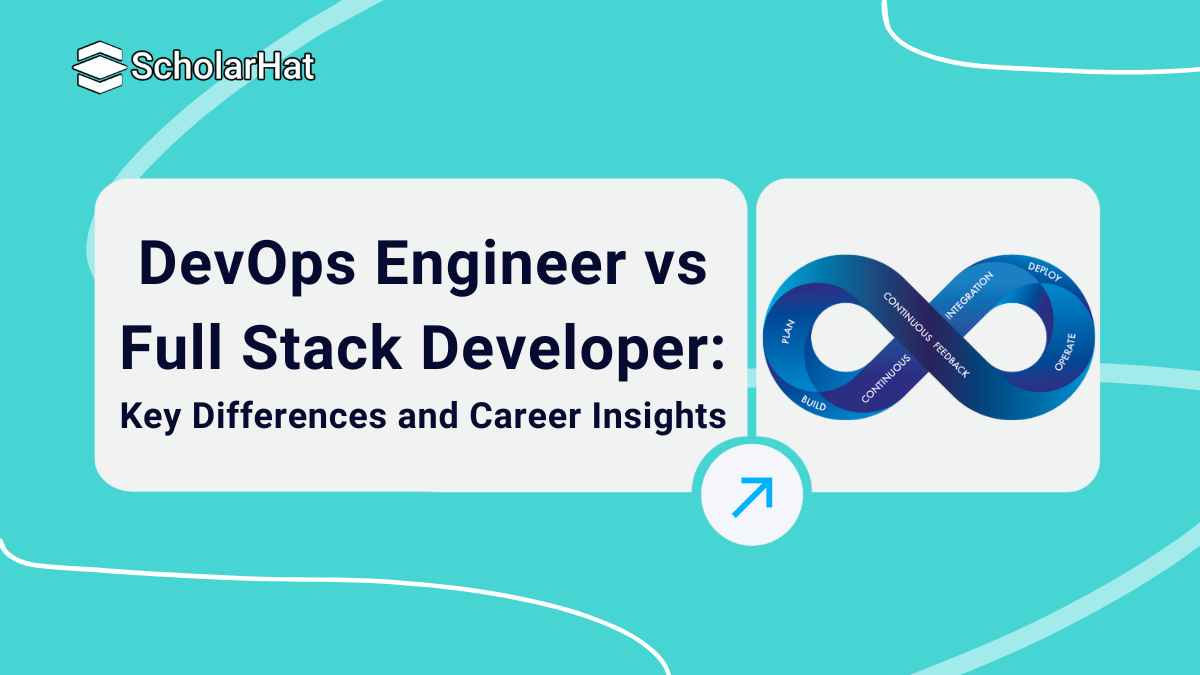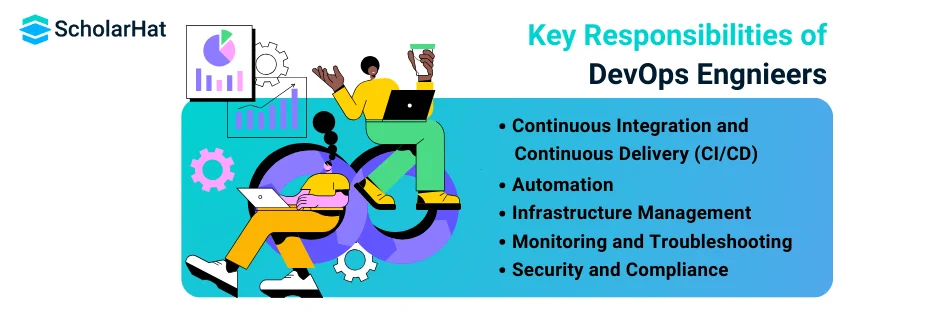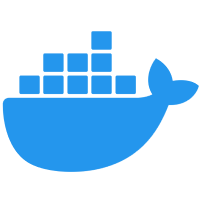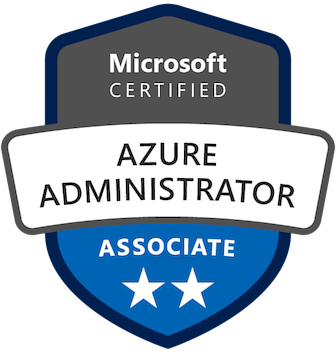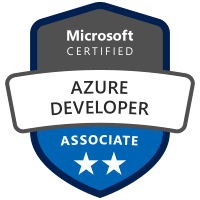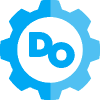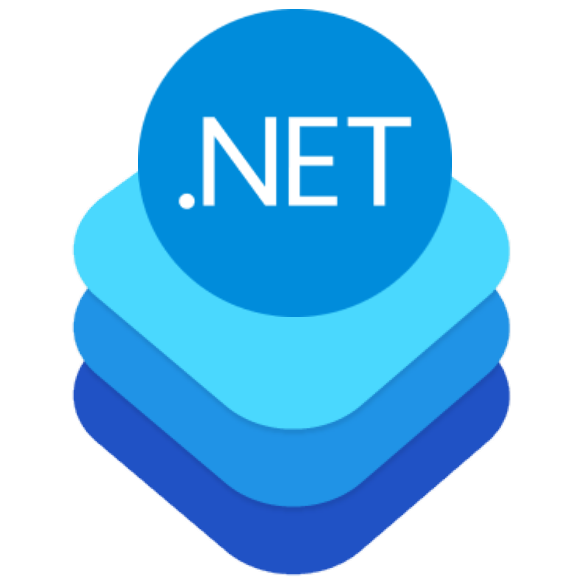Difference between DevOps Engineer and Full Stack Developer
DevOps Engineer Vs. Full Stack Developer
Full Stack Developer vs DevOps is a comparison of two key roles in the technology industry, each having a unique purpose. A DevOps Engineer simplifies and automates software deployment, infrastructure management, and continuous integration and delivery, frequently using tools such as Azure DevOps.
In this DevOps article, we'll look at how these jobs differ, with the Full Stack Developer responsible for end-to-end application development, working with both front-end and back-end technologies to create full online solutions. So let's start with "Who are DevOps Engineers?".
Who are DevOps Engineers?
- DevOps, commonly known as development plus operations, is an enterprise software development term used to describe an agile link between software development and IT operations.
- The primary goal of DevOps is to improve and transform the organization by encouraging advanced communication and collaboration between the two business groups.
- DevOps Engineers are mostly IT specialists who are skilled in coding, scripting, and managing the entire process of product development and deployment.
- Such developers transform the traditional methods of software development, testing, and operations teams into a full platform for high-quality product creation.
- These developers use their extensive knowledge and hands-on experience in software development to create unique business solutions based on core business analytics expertise and knowledge.
1. DevOps engineers have the following Roles and Responsibilities.
Automation of Processes
- The DevOps Engineers automate routine development and deployment processes to increase work productivity and maintain consistency.
- Development and deployment pipelines are created toward this end, whereby manual errors are minimized and deployments enhanced.
Continuous Integration and Continuous Delivery (CI/CD)
- Development of pipelines to automate code changes, integrating, testing, and deploying.
- This is to ensure that changes in code reach production as swiftly and seamlessly as is achievable.
Infrastructure Management
- Infrastructure management involves the installation and maintenance of infrastructure, such as servers and cloud services.
- This includes ensuring system scalability, security, and performance, as well as managing resources as needed.
Collaboration
- DevOps Engineers work precisely with the operations and development teams to improve communication and cooperation.
- They assist in integrating development efforts with operational requirements, optimizing workflows, and increasing overall efficiency.
Monitoring and troubleshooting
- They use various technologies to monitor data and logs while monitoring apps and infrastructure for performance and faults.
- When issues grow, they troubleshoot and resolve them to ensure system stability and performance.
2. Skills Needed for DevOps Engineer
Here are a few skills must-have in a DevOps Engineer:- Version Control & CI/CD: You will get to understand how to use Git and the Jenkins tool, among others, for code change management and building deployment in an automated manner.
- Infrastructure as Code (IaC): It helps provision and manage infrastructure through code using tools like Terraform, which makes it very easy to bring up resources on an infinite scale.
- Containers and Orchestration: Working with Docker to package applications and Kubernetes to manage and run these containers across many machines.
- Cloud Services: Be comfortable working with cloud platforms like AWS or Azure to deploy and manage applications online.
- Monitoring & Logging: Implement monitoring tools, such as Prometheus for systems monitoring and ELK Stack for logging, to keep track of logs for troubleshooting.
- Scripting & Automation: Write Bash or Python scripts to automate tasks with high repetition.
- Security & Networking: Understand general concepts in networking and security that keep systems and applications secure.
- Teamwork & Communication: Ability to work well with others and communicate clearly in order to solve problems and ensure that everyone is on the same page.
| Read More: DevOps Engineer Skills |
3. Salary of DevOps engineer
DevOps Engineers are often paid competitively, reflecting their specific talents and the great demand for their services. Salaries vary depending on experience, region, and firm size, but they are generally competitive in the technology field.
According to BuiltIn, the typical DevOps engineer salary in 2025 based on years of experience is as follows:
1 year of experience
- USD: $83,710 annually
- INR: ₹69,60,000 annually (approximately)
1 to 3 years of experience
- USD: $109,234 annually
- INR: ₹90,80,000 annually (approximately)
3 to 5 years of experience
- USD: $126,399 annually
- INR: ₹1,05,00,000 annually (approximately)
5 to 7 years of experience
- USD: $149,168 annually
- INR: ₹1,24,00,000 annually (approximately)
7+ years of experience:
- USD: $147,409 annually
- INR: ₹1,22,50,000 annually (approximately)
| Read More: DevOps Engineer Salary in India |
Who are Full Stack Developers?
- A full-stack developer is a person who is capable of developing both client and server-side software.
- He is the one who has a thorough understanding of HTML and CSS, JavaScript, jQuery, Angular, or Vue) and programming a server such as PHP, ASP.net, Python, or Node.js.
- When we say “full stack”? It means, a collection of tools, technologies, and programming languages required to develop and deploy projects.
- A full-stack developer has the power to complete a product independently.
- This developer can handle the work of front-end UI programming and development, databases, and servers.
1. Full Stack Developers' Roles and Responsibilities
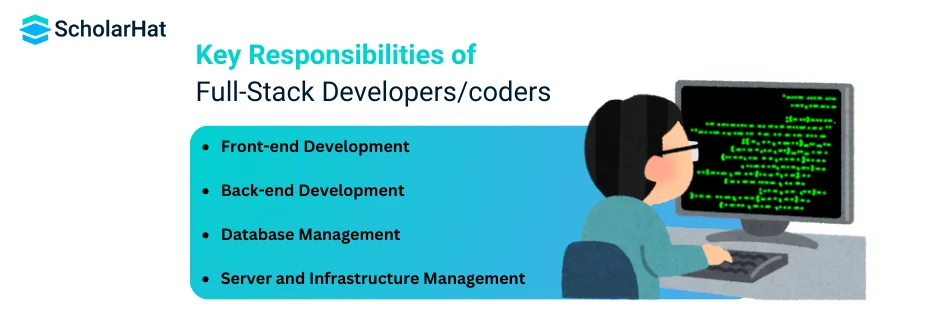
Front-End Development
- Full-stack Developers create real UI/UX designs and implementations for web applications. They primarily work with HTML, CSS, JavaScript, and frameworks such as React, Angular, and Vue.js to create responsive, effective, and appealing designs that ensure a seamless user experience.
Back-End Development
- Create and maintain server-side logic, databases, and application program interfaces for web applications on the front end.
- This includes developing server-side languages like Node.js, Python, or Java and databases in SQL or NoSQL to allow for data processing in an effective and secure manner.
Database Management
- Full Stack Developer can design, query, and manage databases in a manner that acquires stores, and retrieves data effectively.
- They care for data integrity, optimize database performance, and apply security measures to guard sensitive information.
Back-End Integration
- This is the connection between the front-end and back-end parts of applications, thus ensuring that the interaction of the user interface happens according to the server and databases.
- It also deals with API integrations, the flow of data, and proper communication between the various constituents of the application.
Version Control and Collaboration
- Full-stack Developers use version control systems like Git to manage and track code changes.
- They frequently collaborate with bigger teams of developers, designers, and stakeholders to coordinate activities, evaluate code, and ensure that the project satisfies business goals and user demands.
2. Skills Needed for Full Stack Developers
Here are a few skills must-have in a Full Stack Developer:
- Frontend Development: Be able to build the visual part of websites using HTML, CSS, and JavaScript. Additionally, experience with frameworks like React or Angular is very beneficial in building interactivity for the UI.
- Backend Development: Create and manage applications on the server side in languages such as Node.js, Python, Ruby, and Java. Handle databases, APIs, and server logic.
- Databases: Good with databases such as MySQL, PostgreSQL, or MongoDB to store, retrieve, and manage data.
- Version Control: Use Git to keep track of changes in your code, collaborate with others, and manage different versions of your projects.
- Responsive Design: Make sure your web applications look good on all devices, from desktops to smartphones, by following responsive design principles and using the respective tools.
- DevOps Basics: Understand the basic deployment, hosting, and cloud services like AWS or Azure. Be conversant with the CI/CD pipelines for testing and deployment.
- APIs and RESTful Services: Learn how to create and use APIs to connect different pieces of an application or work with third-party services.
- Problem-Solving and Collaboration: Work effectively in a team, solve complex problems, and communicate clearly to ensure all the bits of a project come together smoothly.
| Read More: Skills to Become a Full Stack Developer |
3. Salary of Full Stack Developer
Full Stack Developers Salary typically competitive pay since they can handle both front-end and back-end programming jobs. Compensation varies according on experience, region, and company size, although they are often well-paid in the technology industry.
According to BuiltIn, the typical DevOps engineer salary in 2025 based on years of experience is as follows:
1 year of experience
- USD: $74,256 annually
- INR: ₹61,70,000 annually (approximately)
1 to 3 years of experience
- USD: $96,742 annually
- INR: ₹80,30,000 annually (approximately)
3 to 5 years of experience
- USD: $112,345 annually
- INR: ₹93,25,000 annually (approximately)
5 to 7 years of experience
- USD: $130,745 annually
- INR: ₹1,08,50,000 annually (approximately)
7+ years of experience
- USD: $142,258 annually
- INR: ₹1,17,50,000 annually (approximately)
Differences between DevOps and Full Stack Developer
Let's look at the key differences between DevOps and Full Stack Developers:
| Parameter | Full Stack Developer | DevOps Engineer |
| Job Duties | Full Stack Developers design, create, maintain, and secure apps or software. | DevOps Engineers automate processes and ensure IT operations run smoothly. |
| Job Requirements | Full-stack developers must have a broad skill set that includes fluency in a variety of programming languages and experience developing software across numerous platforms. | DevOps specialists must be conversant with various tools that can help them automate operations such as code testing and deployment. |
| Work Environment | Full-stack developers can operate productively in a variety of office environments and may also travel to client locations. Their primary focus is on project execution and team communication. | DevOps workers usually work in a collaborative atmosphere, which allows them to form beneficial partnerships with software developers and IT teams. Their work environment is often fast-paced and requires quick response to new problems. |
| Skills | Full Stack Developers mainly focus on front-end work, ensuring an easy user experience. | DevOps Engineers mainly focus on back-end applications and infrastructure, including networks, servers, and databases that run apps. |
| Drawbacks | Drawbacks Full Stack Developers may struggle to learn and implement new technologies when they emerge. | DevOps Engineers frequently work alone, which might leave them feeling alienated, and they must be prepared to address a wide range of situations. |
Full-Stack Developers and DevOps Developers: Similarities
Here is how DevOps Engineers and Full Stack Developers are similar:
- Technical Skills: Both require strong technical knowledge. DevOps Engineers work with systems and automation, while Full Stack Developers handle both the look (front-end) and the functionality (back-end) of applications.
- Problem-Solving: Complicated problem-solving is a key part of both roles. Developers fix issues in app development, while DevOps Engineers address problems with how apps are deployed and run.
- Teamwork: Both roles involve collaboration. Developers work with designers and managers, while DevOps Engineers collaborate with developers and IT teams.
- Learning New Tech: Both need to stay updated with new technologies and tools. Developers learn new programming languages and frameworks, while DevOps Engineers keep up with new automation and deployment tools.
- Automation: Both use automation to make their work easier. Developers might automate parts of their coding process, while DevOps Engineers automate tasks related to deploying and managing apps.
- Working with Tools: Both roles involve using and integrating various tools. Developers combine different technologies for applications, while DevOps Engineers use tools for continuous integration, monitoring, and system management.
- Performance Improvement: Both strive to improve how things work. Developers enhance how apps perform and look, while DevOps Engineers focus on making systems run more efficiently.
- Security: Both are concerned with security. Developers ensure their code is secure, while DevOps Engineers work on securing the systems and processes used to run apps.
DevOps and Full Stack Development: Which one should you choose?
Both DevOps development and full-stack development are important in the software development field.
- DevOps engineers are in the role of creating and managing the infrastructure that allows software applications to operate efficiently and seamlessly.
- Full-stack developers design, code, test, and deliver software applications.
- Both professions necessitate a thorough understanding of web development technology, tools, and programming languages.
Choosing whether between full-stack development or DevOps engineering is entirely individual.
- If you want to specialize in a certain area, DevOps engineering may be the right fit for you.
- If you want to work on a variety of projects and have a broader understanding of software development, full-stack development could be a good fit.
Ultimately, the decision goes down to what you are most interested in and what you believe will help you in your career.
Pros of DevOps Engineer
- Implementing DevOps methods allows for the creation of high-quality services.
- DevOps engineers can help you manage unnecessary capital costs while allowing for rapid replication and delivery.
- DevOps engineers regularly mitigate errors, problems, and obstacles.
- DevOps Engineers specialize in specialized duties that improve information security and safety.
Pros of a Full Stack Developer
- They have the capacity to smoothly move between front-end and back-end jobs, depending on the exact parameters of your project.
- Your full-stack development efforts will not be hampered by the constraints of a single framework feature.
- During full-stack development, a developer can provide comprehensive support with a wide range of activities, including web coding, design structure, and other relevant areas.
- A developer can oversee and manage the entire design process, as well as the creation of your project.
- Their remarkable capacity to adapt to innovative changes and ideas has resulted in a high demand for their services.
Summary
DevOps Engineers handle software deployment, management of infrastructure, and continuous integration, whereas Full Stack Developers build applications from beginning to end, utilizing both front-end and back-end technologies. Both professions require strong technical skills, problem-solving abilities, and a commitment to keep up with evolving technology. The decision between the two is based on whether one prefers expert infrastructure work or a more general focus on application development. Also, consider our Azure DevOps Training to start your career as a DevOps Engineer.
FAQs
Take our Devops skill challenge to evaluate yourself!

In less than 5 minutes, with our skill challenge, you can identify your knowledge gaps and strengths in a given skill.

